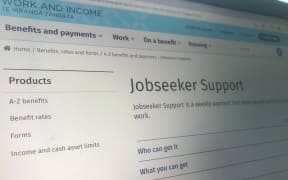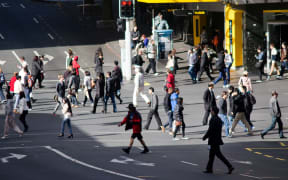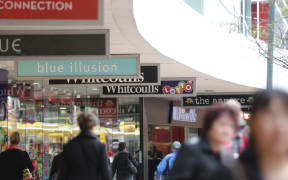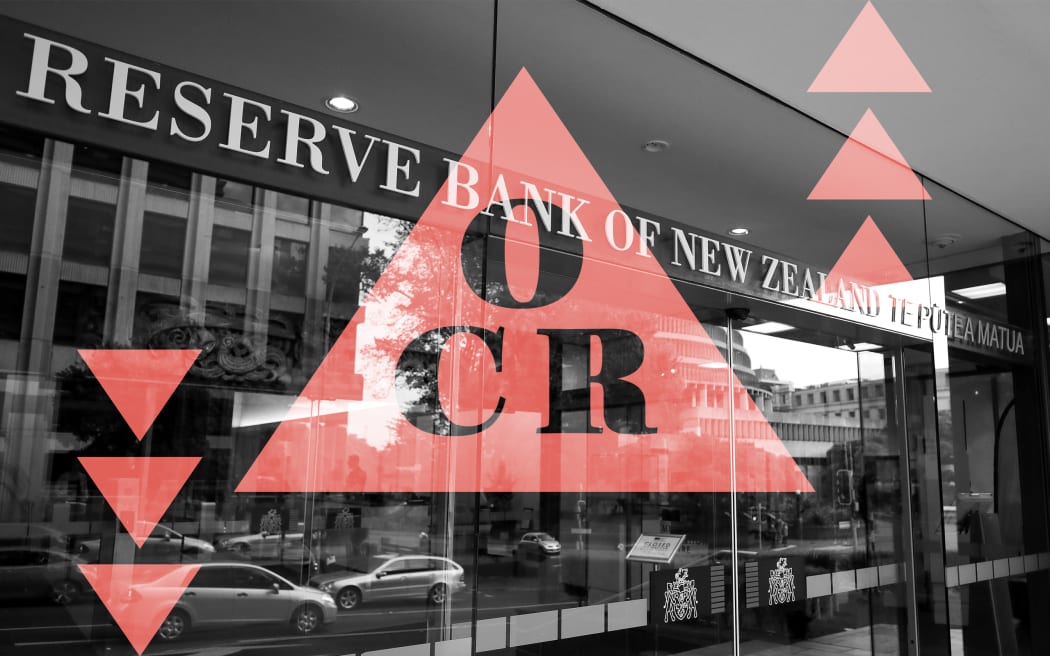
The Reserve Bank. Photo: RNZ
Inflation is not falling as quickly as economists expected, with one high-profile consultancy picking the next interest rate cut might not come until 2025.
Petrol prices might be partially to blame, with data from price-tracking app Gaspy showing the average cost of a litre of 91 has risen 26c so far this year to an average $2.86.
"It's just another large cost coming through the household," Brad Olsen from Infometrics told Morning Report on Monday.
While prices have at times in the past been higher - notably following the Russian invasion of Ukraine in early 2022 - the recent "slow climb" looks likely to continue, Olsen said, or at least stabilise - but not go down significantly.
"When we're looking at futures markets as well, there does seem to be a little bit of downward pressure - but the markets always seem to suggest that, particularly given that globally, there's also weaker economic growth, particularly coming out of China.
"So, you know, generally speaking in the global economy, when there's thoughts that there's not going to be quite as much strong global growth, there's not quite as much extra demand for oil - and therefore oil prices don't rise quite as much.
"We did see though in the last couple of weeks, slightly stronger data coming out of China than before, so that's bolstered things a bit. And… we've now seen missile attacks between Iran and Israel directly, we've seen further attacks even in the last week in the Red Sea from Houthi rebels out of Yemen - all of that contributing to that geopolitical risk.
"Again, not quite at the highs that we've seen, which is encouraging, but… there doesn't seem to be a lot of downside risk. It doesn't look like petrol prices are likely to push any lower at the moment. We expect that they might well remain fairly range-bound for the next couple of months.
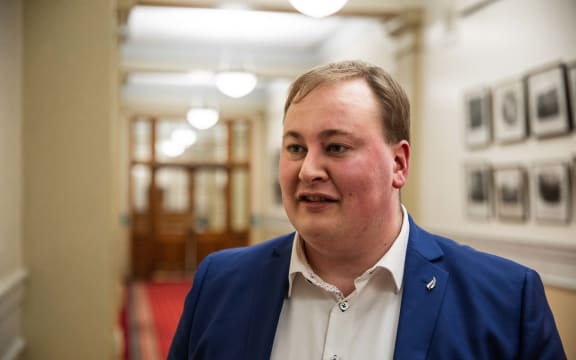
Brad Olsen. Photo: RNZ / Samuel Rillstone
"It might edge up a bit. You might see a few weeks where edges down, but in general, not a lot of relief for people coming forward."
With the economy in recession - as the Reserve Bank planned - some economists were asking, why is inflation not coming down faster?
"Who's doing the spending?" Olsen said. "And we know actually from the numbers that the spending isn't great. And so the question now becomes, who out there in the economy is still lifting prices when their business is obviously not seeing the same levels of growth?
"The question we're trying to figure out now is, is it just a bit of a delayed effect? It takes a while for that stuff to come through. Or is it that we've got some quite thorny issues still in inflation - the likes of rents going higher, the likes of insurance that might be keeping things too high?"
Another possible cause was cash-rich Baby Boomers spending to tick items off their bucket lists.
Unemployment and wage cost data due this week should make the situation clearer, Olsen said.
With the economy in recession, unemployment tipped to rise (some of that the result of the government's directive to slash spending) and petrol prices high, some economists have questioned the Reserve Bank's aggressive push to get inflation down the 1-3 percent target range.
Olsen disagreed.
"Only because if it's going to be tough to get from 4 percent to 3 percent, the fact that we're targeting 2 percent is going to be pretty tough as well. My issue with changing the inflation target is that we've told people, we've told the public for the last 30 years that we're targeting that 2 percent mark. And to move away from that, I'd go, well, look, if it's that hard and you move the goalposts all the time, then why stop at three? Why stop at four? Just keep going.
"You've got a target, you've got to stick to it - the minute you give up the target, you sort of give up the ghost on inflation."
